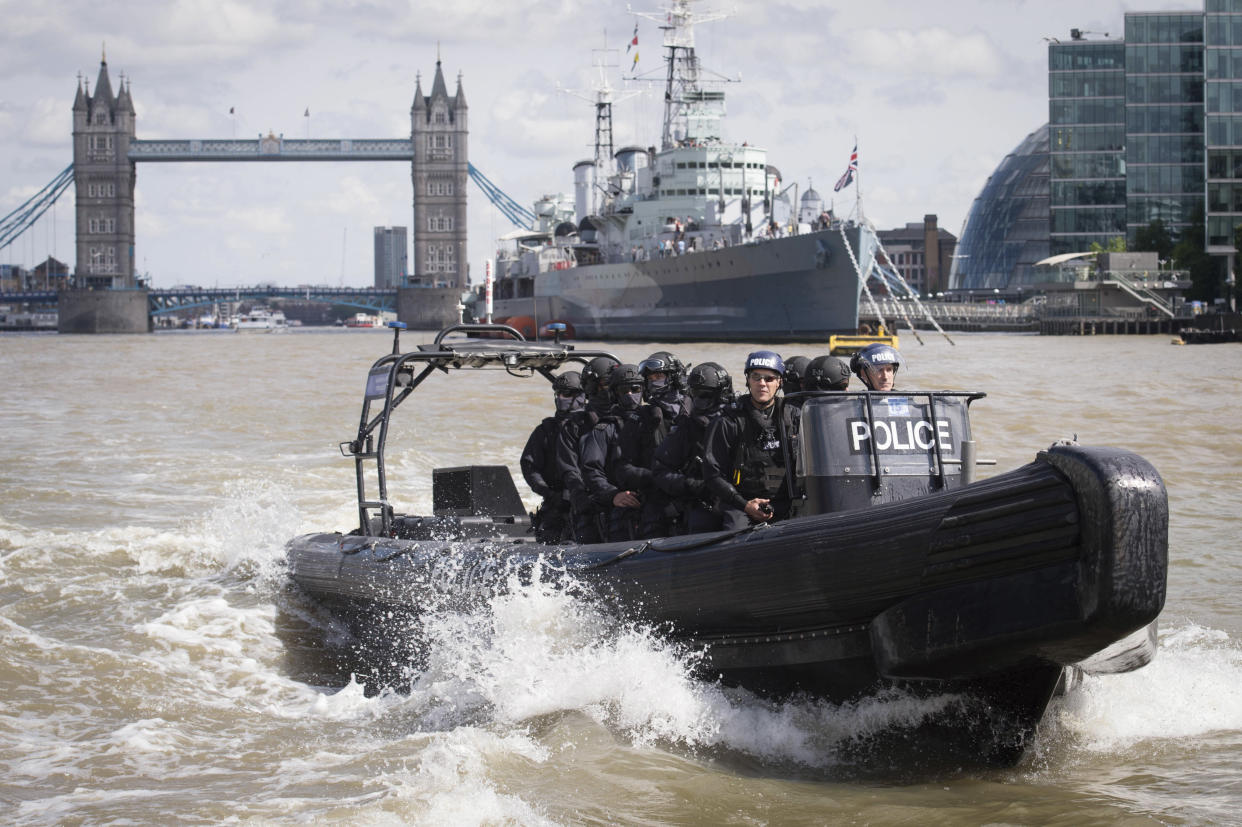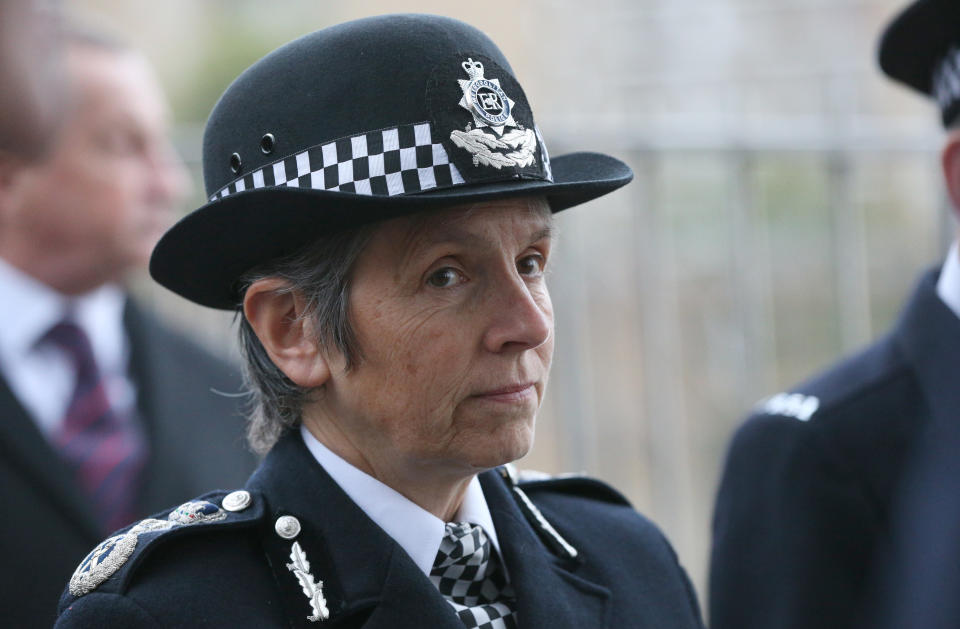Terrorists could face tougher jail sentences by next year under new guidelines given to judges

Terrorists could face tougher jail sentences under new guidelines for judges.
The Sentencing Council is carrying out a review of guidance provided to judges and magistrates in England and Wales to decide how offenders are punished.
The proposals came as it was revealed that UK investigators have disrupted 24 terrorist plots since April 2017.
The updated figure was revealed by Metropolitan Police commissioner Cressida Dick, and includes 16 Islamist plots and eight inspired by extreme right-wing views.
The proposals have been made in a public consultation launched on Tuesday in light of “significant legislative changes” brought in under the new Counter Terrorism and Border Security Act 2019, which increased the maximum sentences for some crimes, the council said.
It follows legislation introduced earlier this year that meant UK citizens who visited foreign terror hotspots could face 10 years in prison.
The revision includes “increased sentencing levels” for some crimes to reflect the new law.
This means higher starting points for the time to be spent behind bars could be set for judges and magistrates while they calculate the overall sentence.

The council, an independent body which works to make sentencing rules more consistent, said the revised guidelines could be introduced in early 2020 and apply to offenders aged 18 and over.
Council member Mr Justice Julian Goose said: “Terrorism offences are extremely serious and can cover a wide range of factual circumstances, making them difficult and sensitive offences to sentence.
“For this reason, the council is keen to ensure that the guidelines are kept up to date and fit for purpose.
“These revised guidelines will ensure consistency and transparency in the sentencing of these offences.”
Read more
Serial burglar ordered to pay Lord Sugar £173k for repeatedly targeting his home
American Airlines flight diverted after 'chemical spillage' leaves two crew members unconscious
Teenager paralysed by freak accident after dog pulled cushion away as he lay on sofa
Offences which could see changes in the way they are sentenced include:
– Encouragement of terrorism
– Failure to disclose information about acts of terrorism
– Collection of terrorist information
A report on the consultation said increased maximum penalties “better reflect the increased risk and the seriousness of these offences” and the council’s proposals “take account of the need to punish, incapacitate and deter.”
It added: “For this reason, the council is not proposing to increase sentence levels across the whole of the affected guidelines as it believes that the sentence levels were already set with the Government’s aim in mind.

Starting points of 10 years in prison
“Instead it is proposed to increase sentence levels for the most serious examples of offending, where there was no headroom to increase sentences before due to the statutory maximum.”
Under the new laws, the maximum sentence for collection of terrorist information was increased from ten to 15 years.
The council is proposing increasing sentencing levels in cases such as where an offender was in possession of material which provided instruction for a specific terrorist activity which could endanger life and harm is “very likely to be caused”.
Judges could set custody starting points of 10 years.
Punishments should ‘fit the crime’
The report said: “The council considers that these cases are sufficiently serious to justify an increase in sentence.”
The consultation is open until December and is seeking responses from judges, magistrates and others working in the criminal justice system as well as the general public.
Justice minister Chris Philp said: “Terrorism has a devastating impact on society and it is vital punishments properly fit the crime and we protect the public.
“These guidelines will give judges clear and consistent guidance when sentencing offenders so we keep pace with the changing nature of these crimes.”

 Yahoo News
Yahoo News 

